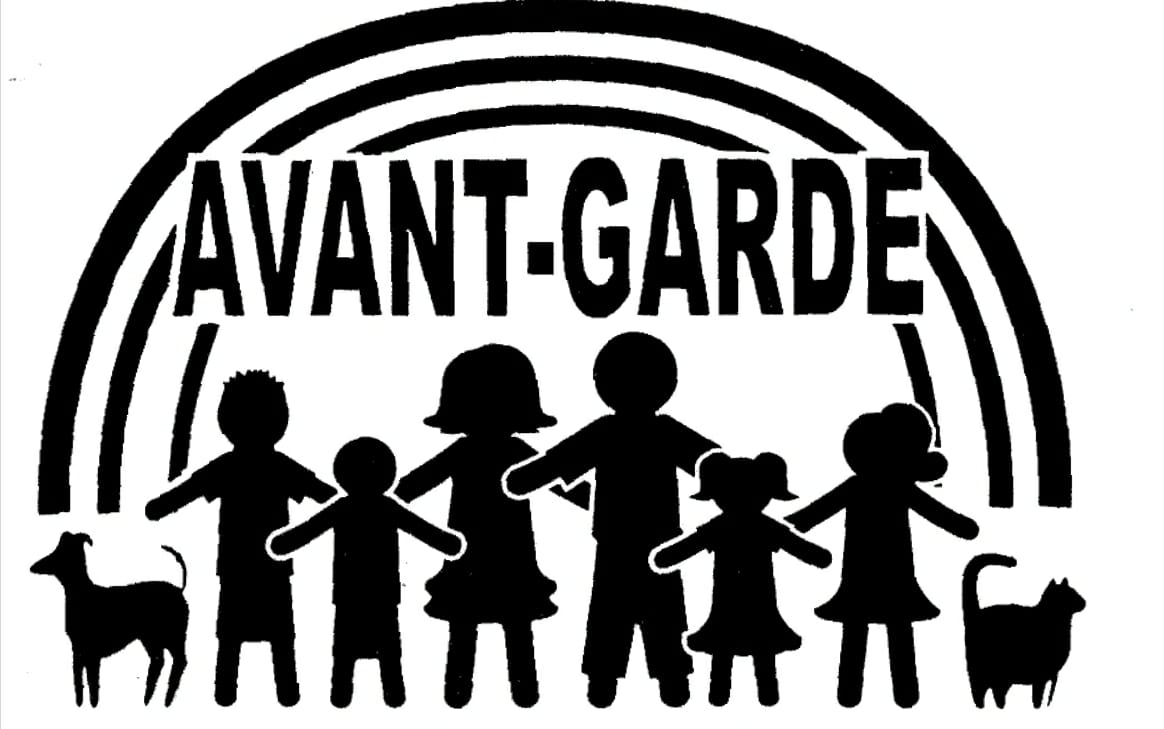
Your friend just informed you that they’re going to become a foster parent. How exciting! You’d like to help, but how?
Foster parents are like any parent — they get tired, stressed, overwhelmed by the responsibility of being a parent. We’ve all been there. But this stress can be compounded by the fact that the family dynamic may change suddenly and often. There are strict rules and guidelines a traditional family isn’t required to adhere to. And often the children involved have sustained some level of trauma.
8 ways that you can be a support person for a foster family
#1. Bring Supplies
Depending on the placement, (age, special needs, timing, etc.) supplies may be in urgent need. Running out to the store may not be a viable option for the new parent. Some possible needs:
1. Clothes
2. Books
3. Diapers and formula
4. Comfort items such as blanket or teddy bear

5. Art supplies, toys, gifts, etc.
6. Personal Hygiene items
For more ideas see our blog on setting up a bedroom
#2. Provide a Meal
Arranging to drop off a dinner can be a huge blessing to a foster parent, especially during the first few days. Call to inquire about food allergies and think about kid-friendly and nutritious meals. (Bonus points if the dish doesn’t have to be returned.)
#3. Offer to Babysit
A foster parent may need someone to watch their other children while they accompany a foster child on visitations, court appearances, or doctor appointments.
Foster parents must attend training and will require childcare for that. And what parent couldn’t use the occasional date night?
Providing respite care can give the parent a time of refreshment. (If you can complete the respite care requirements, you will be a life saver!)
Additionally, sometimes a harried mom might just need another hand. Go along with them to the park or carnival as a second pair of hands and eyes.
#4. Financial Gifts, Tickets or Gift Cards
 Contrary to what many think, the money foster parents receive is specifically required to support the direct needs of the child. These families often have to forego luxuries such as dining out, movies, and amusement parks.
Contrary to what many think, the money foster parents receive is specifically required to support the direct needs of the child. These families often have to forego luxuries such as dining out, movies, and amusement parks.
Consider restaurant or theater gift cards, a membership to the local zoo or mini golf passes. Even a gift card for the grocery store or Target will provide some wiggle room in a tight budget.
#5. Mentor or Tutor
Some foster parents are not natural born teachers, so having a support person in the educational area can be super beneficial. Foster children often have some learning difficulties, and working through those during homework time can create undesired animosity between the foster parent and child.
From simple homework help to training a teen how to sew, cook, or fix a car, everyone has something to offer. Use your gifts and talents to enrich a child’s life or prepare a teen for adulthood.
#6. Be Inclusive
Invite the foster child to come along for ice cream after school with your kids, invite them to the birthday party, arrange play dates.
Teach your children to be kind and that bullying, teasing, and gossip are not acceptable. Every child wants and needs a friend.
 Treat each foster child like one of the family. What you do for their birth children, do for the other. They are their “real children”.
Treat each foster child like one of the family. What you do for their birth children, do for the other. They are their “real children”.
If you’re a family member, you are now their family member too. Be an aunt, uncle, grandma, for example, to every child in the family, even if they will move on some day. You will leave an indelible mark on the child’s heart.
#7. Do Listen, but Don’t Ask
Your friend may need to vent at some point. Be a good listener. But don’t ask questions — especially within earshot of children, yours or theirs! Kids love their birth parents and don’t need to hear harsh words about them. There’s a lot they can’t tell you, anyway.
Side note: Don’t burden your friend with your feelings about foster care. It may be that you “couldn’t do it”, but those words can sting and cause misunderstandings. Simply be supportive of their choice to foster.
#8. Issue Much Grace
Foster kids can struggle with social interaction, and may act out in ways you don’t understand. Be patient, be kind, be gentle. And don’t allow yourself or others to judge parenting techniques or methods. Foster parents have strict guidelines regarding dicipline options.

Being a good support resource means offering love, prayer, and a helping hand.
This is in no way an exhaustive list of ways that you can be of help to a foster parent, but hopefully, something here sparked your imagination, and you’ll be able to find a way to use your gifts and talents to be a blessing.
Working together, we can all make a difference in foster care.
Article written by Cindy White Horvath. She can be reached at cindy@avgffa.org


